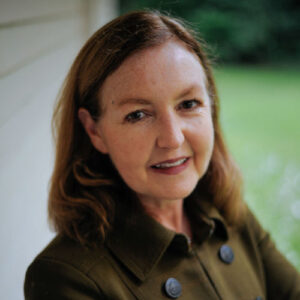‘Because of Sex’: The Coming Battle between the Free Exercise Clause and the Equality Act
 Christine M. Venter is a Teaching Professor at Notre Dame Law School and Affiliated Faculty in Gender Studies at the University of Notre Dame
Christine M. Venter is a Teaching Professor at Notre Dame Law School and Affiliated Faculty in Gender Studies at the University of Notre Dame
The Equality Act has had a long and arduous history in its quest to become law. The Act was first introduced in 1974 by Congresswoman Bella Abzug, who was determined to end discrimination on account of “sex, marital status, and sexual orientation” in employment, housing, and public accommodations. Although that effort failed, the Act was reintroduced in 2019 and passed the House by a vote of 276 in favor to 173 opposed. Under the leadership of Mitch McConnell, the Senate declined to move it forward for a vote.
Enter the Supreme Court, and Justice Gorsuch’s majority opinion in Bostock v. Clayton County, in June 2020, that Title VII’s prohibition on discrimination “because of … sex,” extended to sexual orientation and gender identity. Although the Court specifically limited its analysis to Title VII, focusing only on the employment discrimination claims based on sexual orientation and gender identity that were before the Court and not on any other area of federal law, both supporters and opponents of equality for the LGBTQ+ community were quick to question the case’s impact.


